Learning Functional Data Structures and Algorithms. Click here to enter text Atul S. Khot, Raju Kumar Mishra
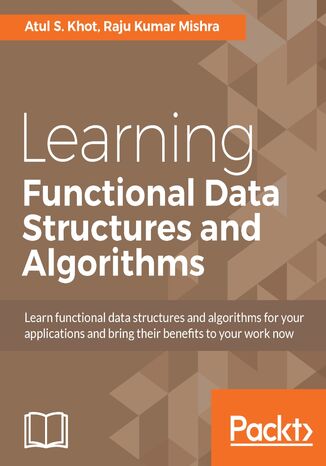

- Autorzy:
- Atul S. Khot, Raju Kumar Mishra
- Wydawnictwo:
- Packt Publishing
- Ocena:
- Stron:
- 318
- Dostępne formaty:
-
PDFePubMobi
Opis
książki
:
Learning Functional Data Structures and Algorithms. Click here to enter text
How do we express traditional algorithms in functional setting? Won’t we end up copying too much? Do we trade performance for versioned data structures?
This book attempts to answer these questions by looking at functional implementations of traditional algorithms.
It begins with a refresher and consolidation of what functional programming is all about. Next, you’ll get to know about Lists, the work horse data type for most functional languages. We show what structural sharing means and how it helps to make immutable data structures efficient and practical.
Scala is the primary implementation languages for most of the examples. At times, we also present Clojure snippets to illustrate the underlying fundamental theme. While writing code, we use ADTs (abstract data types). Stacks, Queues, Trees and Graphs are all familiar ADTs. You will see how these ADTs are implemented in a functional setting. We look at implementation techniques like amortization and lazy evaluation to ensure efficiency.
By the end of the book, you will be able to write efficient functional data structures and algorithms for your applications.
Wybrane bestsellery
Packt Publishing - inne książki
Dzięki opcji "Druk na żądanie" do sprzedaży wracają tytuły Grupy Helion, które cieszyły sie dużym zainteresowaniem, a których nakład został wyprzedany.
Dla naszych Czytelników wydrukowaliśmy dodatkową pulę egzemplarzy w technice druku cyfrowego.
Co powinieneś wiedzieć o usłudze "Druk na żądanie":
- usługa obejmuje tylko widoczną poniżej listę tytułów, którą na bieżąco aktualizujemy;
- cena książki może być wyższa od początkowej ceny detalicznej, co jest spowodowane kosztami druku cyfrowego (wyższymi niż koszty tradycyjnego druku offsetowego). Obowiązująca cena jest zawsze podawana na stronie WWW książki;
- zawartość książki wraz z dodatkami (płyta CD, DVD) odpowiada jej pierwotnemu wydaniu i jest w pełni komplementarna;
- usługa nie obejmuje książek w kolorze.
Masz pytanie o konkretny tytuł? Napisz do nas: sklep@ebookpoint.pl
Książka drukowana


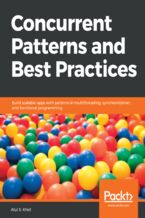

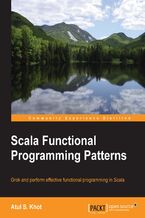
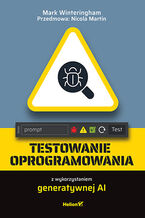

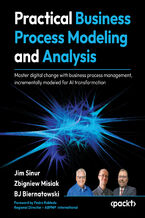

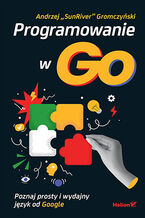
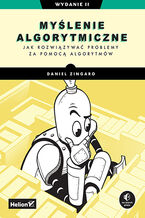
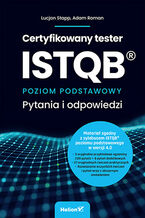
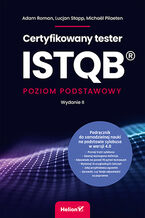
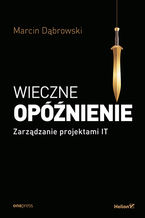

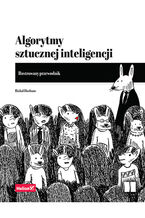






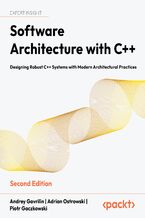
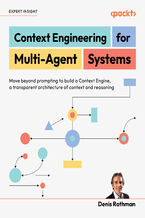
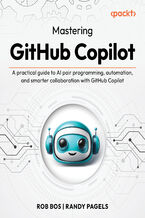
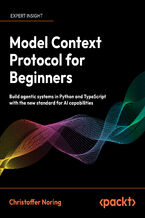
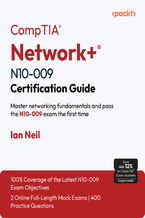
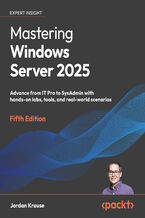
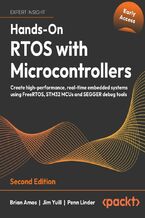
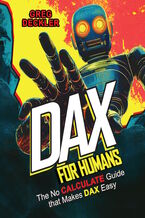
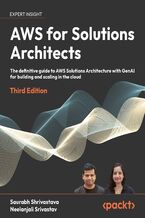
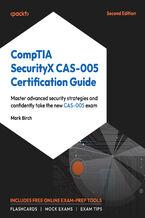
Oceny i opinie klientów: Learning Functional Data Structures and Algorithms. Click here to enter text Atul S. Khot, Raju Kumar Mishra
(0)